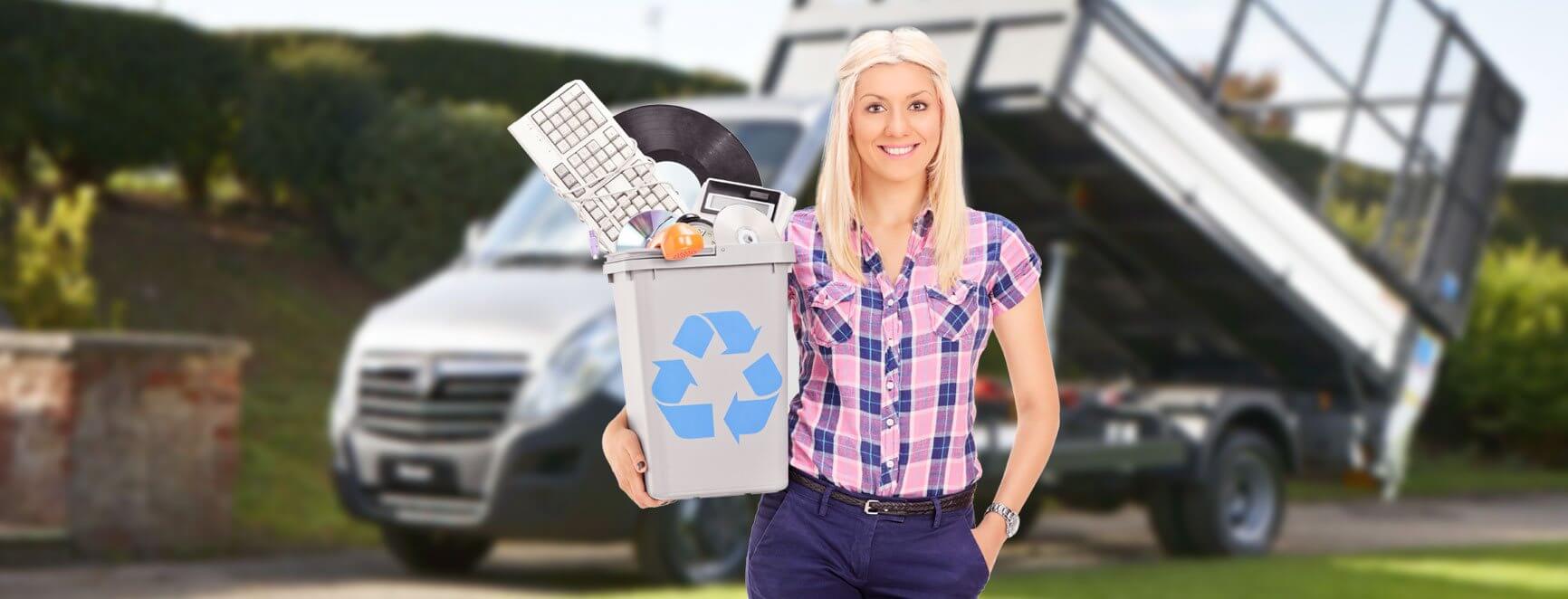Eco-Friendly Upgrades for Your Residence
Posted on 05/10/2025
Eco-Friendly Upgrades for Your Residence
In today's rapidly evolving world, sustainability has become more than just a buzzword; it's an essential consideration for everyone. As climate change continues to pose a significant challenge globally, making eco-friendly upgrades to your home can result in substantial benefits. Not only can these changes reduce your carbon footprint, but they can also enhance your quality of life and even save you money in the long run. Let's explore some of the most impactful eco-friendly upgrades you can make to your residence.
Energy-Efficient Appliances
One of the first steps toward creating a more sustainable home is to invest in energy-efficient appliances. These appliances, typically identified by the Energy Star label in the United States, consume less electricity and water compared to their standard counterparts. By upgrading to energy-efficient refrigerators, washing machines, dishwashers, and air conditioning units, you can decrease your home's overall energy consumption.
Replacing old light bulbs with LED (Light Emitting Diode) bulbs is another simple yet effective change. LEDs use at least 75% less energy and last 25 times longer than incandescent lighting. Although the initial cost of LED bulbs is higher, the long-term savings on your energy bills and the reduced need for replacements make it a wise investment.

Installing Solar Panels
Solar energy is one of the most viable and accessible renewable energy sources available today. Solar panels convert sunlight into electricity, providing a green and cost-effective alternative to traditional power sources. While the initial installation cost can be substantial, many governments offer tax incentives and rebates to offset this expense.
Once installed, solar panels can significantly lower your electricity bills. On sunny days, you might even generate more electricity than you need, allowing you to sell the excess back to the grid in some regions. Additionally, advancements in battery storage technology mean you can store solar energy for use during cloudy days or nighttime, further enhancing the benefits of solar power.
Water Conservation
Water scarcity is a critical issue in many parts of the world, making water conservation a priority. Installing low-flow fixtures, such as showerheads and faucets, can drastically reduce water usage without sacrificing performance. Dual-flush toilets are another great option, offering two flushing modes to handle waste based on need, thereby saving water with each flush.
Rainwater harvesting systems provide an excellent way to collect and store rainwater for various household uses, such as gardening, flushing toilets, and even washing clothes. Greywater recycling systems, which capture and reuse water from sinks, showers, and washing machines, can also significantly reduce water waste.
Insulation and Windows
Proper insulation is crucial for maintaining a comfortable and energy-efficient home. Good insulation helps keep your home warm in the winter and cool in the summer, reducing the need for heating and cooling systems, which are often energy-intensive. Consider insulating your attic, walls, and floors with eco-friendly materials such as cellulose, wool, or recycled denim.
Windows are another critical aspect of home energy efficiency. Double-glazed windows, which feature two layers of glass with an air or gas-filled space between them, provide better insulation than single-pane windows. They help reduce heat loss in winter and keep your home cooler in summer, leading to lower energy bills. Additionally, low-emissivity (low-E) glass has a special coating that reflects heat back into your home during the winter and keeps it out during the summer.
Eco-Friendly Landscaping
Your home's exterior can also benefit from eco-friendly upgrades. Consider xeriscaping, a landscaping method that uses drought-resistant plants and minimizes the need for irrigation. Native plants are an excellent choice as they are well-adapted to the local climate and require less water and maintenance.
Installing a smart irrigation system can optimize water usage by adjusting watering schedules based on weather conditions and soil moisture levels. Permeable paving materials, such as porous concrete or pavers with open spaces, allow rainwater to seep into the ground, reducing runoff and promoting groundwater recharge.
Green Roofing and Building Materials
Green roofing, which involves planting vegetation on your roof, offers numerous environmental benefits. Green roofs provide natural insulation, reduce the heat island effect in urban areas, and improve air quality by trapping pollutants and absorbing carbon dioxide. They also help manage stormwater by absorbing rainfall and reducing runoff.
When it comes to building materials, sustainability should be a top consideration. Bamboo, for example, is a fast-growing and renewable resource that makes an excellent alternative to traditional wood. Recycled materials, such as reclaimed wood, recycled metal, and even recycled plastic, can be used for various building projects, reducing the demand for new raw materials and minimizing waste.

Smart Home Technology
Integrating smart home technology can significantly enhance your home's energy efficiency and sustainability. Smart thermostats, for instance, learn your heating and cooling preferences and adjust settings accordingly, optimizing energy usage and reducing waste. Some models even allow you to control your home's temperature remotely via smartphone apps.
Smart lighting systems, which include motion sensors and timers, ensure that lights are only on when needed. Smart plugs and power strips can monitor and control the energy consumption of your devices, helping to eliminate phantom power usage when electronics are in standby mode.
Conclusion
Upgrading your residence with eco-friendly features is not only beneficial for the environment but also for your wallet and overall well-being. From energy-efficient appliances and solar panels to water conservation measures and smart home technology, there are numerous ways to make your home more sustainable. By taking steps to reduce your energy and water consumption, you can minimize your carbon footprint and contribute to a healthier planet for future generations.
As we move forward, it is crucial to prioritize sustainability in our daily lives, and our homes are an excellent place to start. Whether you implement small changes or undertake significant renovations, every effort counts in creating a more eco-friendly and sustainable world.





